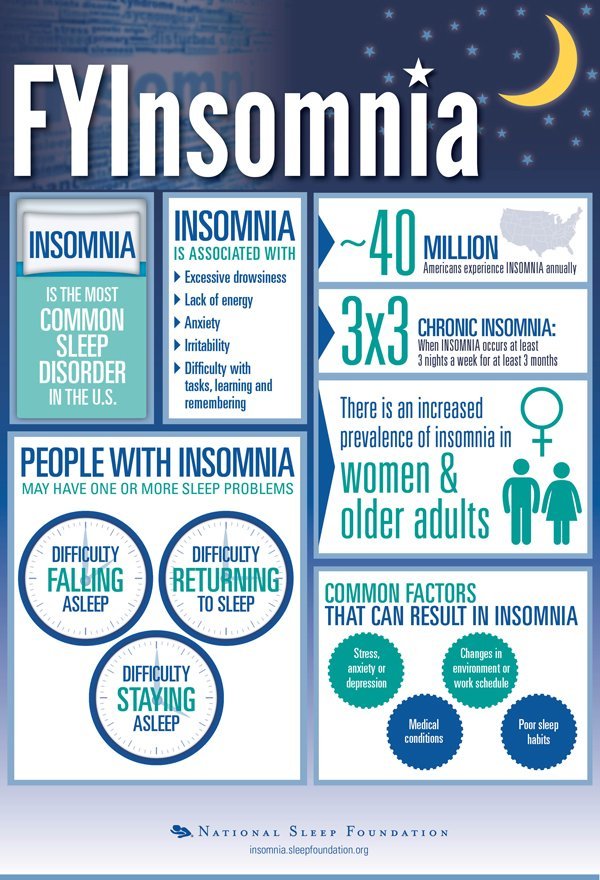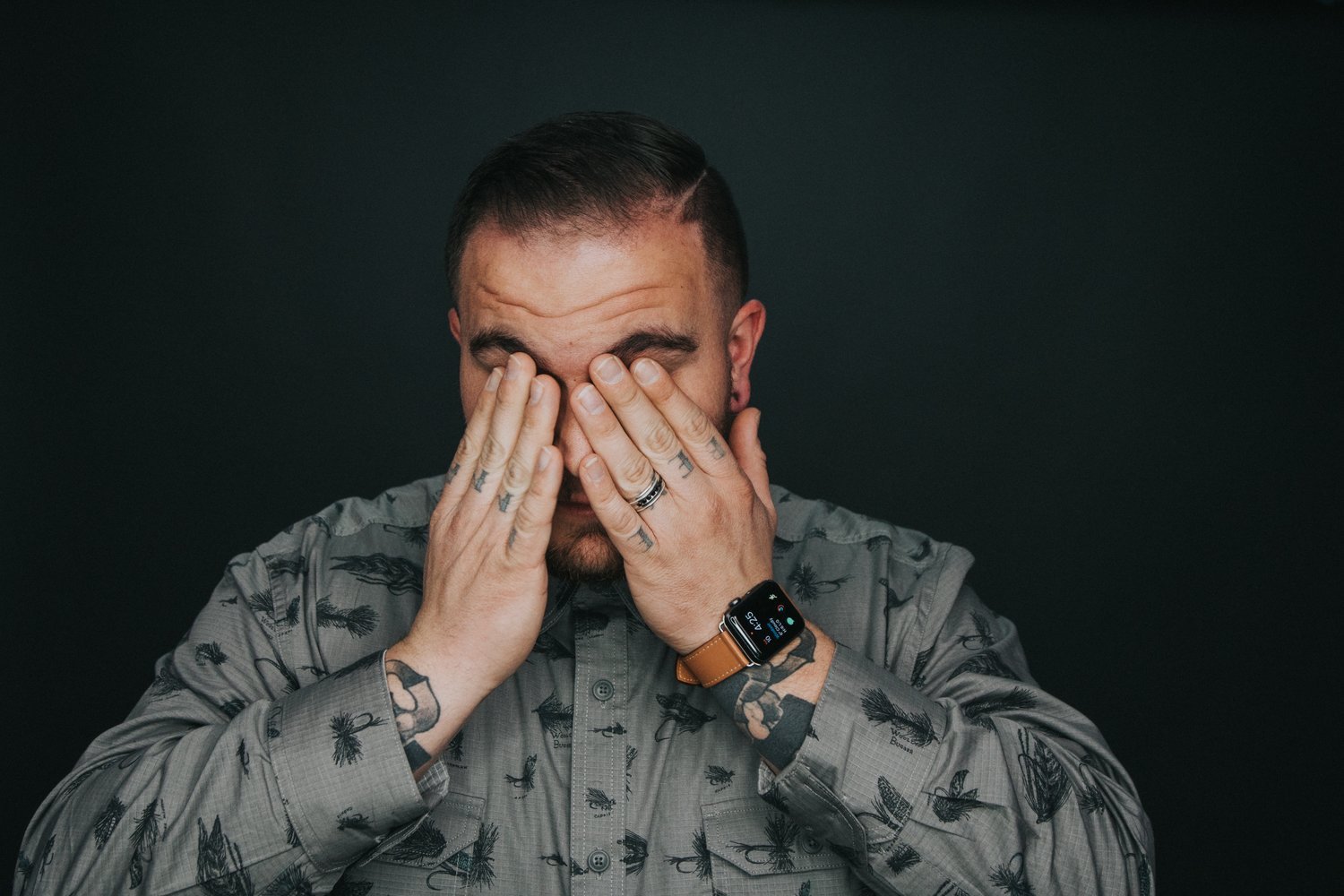A Traditional Chinese Medicine Approach to Insomnia
Addressing Insomnia with Acupuncture and Chinese Medicine
At some point you have probably had a hard time getting to sleep. The feeling can be extremely frustrating as you lay in bed, thinking about how much you need rest before facing another busy day. Or perhaps you experience nights of intensely restless sleep, waking up multiple times and ultimately not getting the hours of sleep that you need.
Often when people have trouble getting to sleep or experience restless sleep, they describe it as insomnia. While this seems like a simple term to apply to poor sleep, insomnia is a rather complicated condition characterized by difficulty falling asleep and staying asleep.
Source: https://www.sleepfoundation.org/insomnia/what-insomnia
Insomnia can cause many problems, largely due to fatigue. These include low energy, difficulty concentrating, mood disturbances, and potentially poor performance at school or work. When insomnia lasts more than just a night or two, the secondary symptoms can become compounded over time. A person may quickly find multiple areas of their life affected, as well as their general quality of life.
Scientific research indicates that one option to treat insomnia is the traditional Chinese practice of acupuncture. If you have not yet read the previous article on traditional Chinese medicine and acupuncture, make sure to check it out as it provides a great overview of the newfound benefits of this ancient practice. Keep reading and learn more about how acupuncture can help insomnia.
Evidence for Acupuncture as an Insomnia Treatment
Acupuncture has been used for thousands of years by practitioners of traditional Chinese medicine to promote physical health and mind-body wellness. For quite a long time, western medicine misunderstood the approach. Research now shows that acupuncture is a helpful treatment for a variety of physical and mental health conditions.
An improved understanding of traditional Chinese medicine indicates that TCM practitioners had an advanced understanding of the human body. Acupuncture pressure points match onto neurovascular nodes and the stimulation from needles works on the body’s nervous system to promote natural healing. This allows acupuncture to act on the root causes of conditions and not just the symptoms.
A variety of factors can cause insomnia. By using acupuncture to stimulate the body’s nervous system and promote natural healing, benefits such as relaxation and restoration of physical homeostasis can be experienced. This allows for lower stress, less anxiety, and more restful sleep. Such benefits from acupuncture were confirmed in a large-scale study from Cao and colleagues (2009).
The study from Cao and colleagues indicated that acupuncture does indeed reduce incidents of insomnia and improve sleep. It was shown to be most helpful when combined with other treatment approaches including herbal remedies and, in some cases, medications. More research is needed, but in the meantime, acupuncture does appear to be a beneficial, low-risk treatment option to incorporate into treatment of insomnia.
Conclusions and Recommendations
Given the benefits of acupuncture, it is a good option to consider if you are looking for treatment to reduce insomnia and improve sleep.
For a holistic approach to wellness, integrative providers are ideal. If you would like to meet with someone from our care team, contact us today. Our team of psychiatric nurse practitioners will work with you to identify the root cause(s) of the sleeping problems you may be experiencing, and come up with a plan that makes sense for you.



